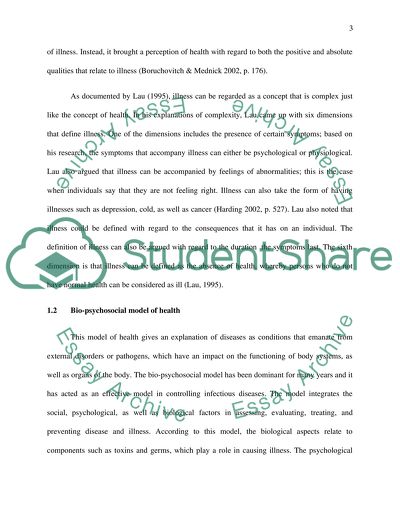Cite this document
(“Health psychology Essay Example | Topics and Well Written Essays - 1250 words”, n.d.)
Health psychology Essay Example | Topics and Well Written Essays - 1250 words. Retrieved from https://studentshare.org/psychology/1472773-health-psychology
Health psychology Essay Example | Topics and Well Written Essays - 1250 words. Retrieved from https://studentshare.org/psychology/1472773-health-psychology
(Health Psychology Essay Example | Topics and Well Written Essays - 1250 Words)
Health Psychology Essay Example | Topics and Well Written Essays - 1250 Words. https://studentshare.org/psychology/1472773-health-psychology.
Health Psychology Essay Example | Topics and Well Written Essays - 1250 Words. https://studentshare.org/psychology/1472773-health-psychology.
“Health Psychology Essay Example | Topics and Well Written Essays - 1250 Words”, n.d. https://studentshare.org/psychology/1472773-health-psychology.


